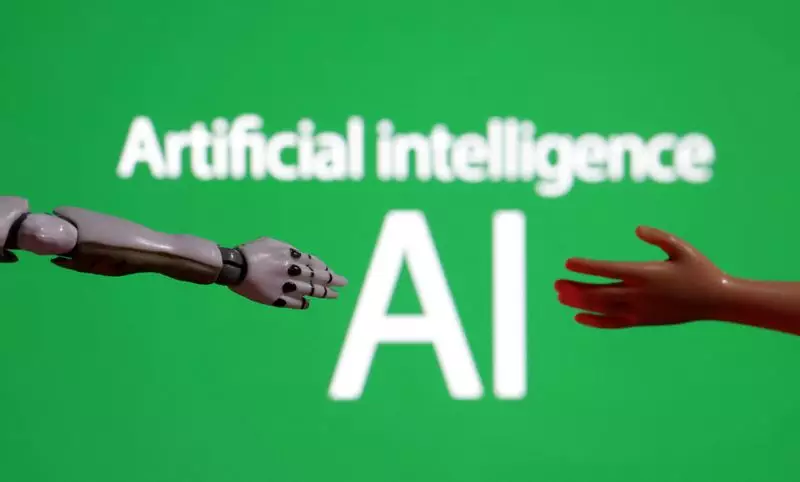The technological landscape is undergoing a remarkable transformation as a new breed of artificial intelligence, known as Agentic AI, rises to the forefront. This cutting-edge intelligence marks a significant departure from the generative models that have become ubiquitous in recent years. Instead of merely responding to input, Agentic AI embodies a self-directed framework capable of making decisions and executing intricate tasks without the need for explicit human prompts. According to insights from BofA Global Research, Agentic AI signifies a generation of advanced foundation models acting as autonomous operating systems. These systems represent a shift towards proactive agents that can analyze contexts, adapt, and learn in real-time to pursue particular objectives.
Unlike traditional AI systems that primarily react to pre-programmed commands, Agentic AI enables a revolutionary approach to functionality. These agents exhibit elevated reasoning skills and can autonomously engage with various systems to achieve complex outcomes. Initial uses for such AI extend across numerous fields, including logistics, software engineering, and healthcare, facilitating a level of efficiency hitherto unseen in the industry. The rapid trajectory of AI development is evident as we witness the emergence of Agentic AI just two years after the introduction of ChatGPT, highlighting an acceleration in technological advancements that could rival the sweeping influence of personal computers and the internet.
The capabilities of Agentic AI are set to catalyze a “corporate efficiency revolution,” particularly in sectors traditionally reliant on human labor. The potential for fully autonomous operations through digital agents or robots opens new horizons for industries like manufacturing and customer service. Examples from tech giants—such as the integration of robotic systems into Amazon and DHL’s logistics chains—demonstrate the feasibility of such technology. These innovative applications have already resulted in increased productivity and reduced costs, optimizing functional output across the board.
The most striking characteristic of Agentic AI is its ability to undertake complex initiatives autonomously. The system is designed to tackle open-ended tasks traditionally performed by skilled workers, reshaping roles within biopharma, cybersecurity, and education, among others. By alleviating the burdens of routine operational responsibilities, Agentic AI allows human professionals to concentrate on more strategic endeavors, potentially leading to groundbreaking advancements within these industries.
Moreover, the emergence of such advanced AI technology raises questions about the labor market. Professionals in roles that combine physical and intellectual labor may find themselves displaced as Agentic AI systems gain traction. BofA analysts highlight a particular instance of this trend, noting the significant impact on freelancing roles in writing and coding that followed the launch of ChatGPT. As Agentic AI continues to expand its reach into various sectors, the concern about job displacement extends to sectors such as construction and nursing.
Despite the daunting prospect of job eliminations tied to advanced AI, there lies a silver lining: the rise of Agentic AI may serve as a catalyst for innovation and new job creation. A wave of AI-oriented startups is anticipated to emerge, capitalizing on the potential of these advanced systems to introduce scalable, transformative solutions across diverse industries. This emergence of “AI dot-com” enterprises could break new ground in business models, resulting in freshly defined job categories that exist in tandem with these autonomous agents.
As we stand on the brink of this new era, it is essential to recognize that the revolution in AI is far from reaching its zenith. Rather, we find ourselves at the dawn of a supercycle of innovation—a period characterized by the incessant development of novel applications dynamically changing our global economy. The ramifications of this shift extend beyond mere technological advancements; they redefine the workforce, establish new frameworks within business operations, and enhance overall productivity.
Agentic AI is not merely a technological trend but a profound evolution in the way we perceive intelligence and its applications. As this autonomous technology takes center stage, it invites us to reimagine our interactions with machines, shifting from a reliance on tools to collaboration with intelligent agents. With both challenges and opportunities ahead, society must navigate the unfolding narrative of Agentic AI with insight and foresight, embracing the potential for enhanced productivity while addressing the very real implications for the workforce. The next chapter in the story of artificial intelligence is poised to be one of unprecedented transformation, and the world is ready to turn the page.

